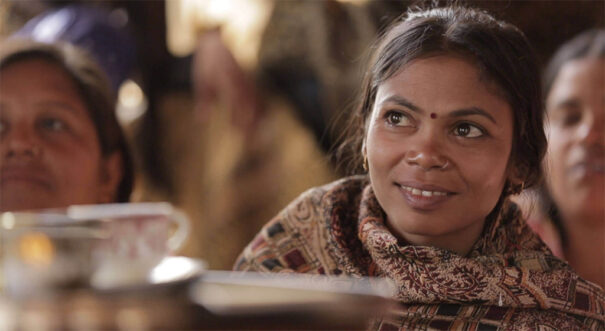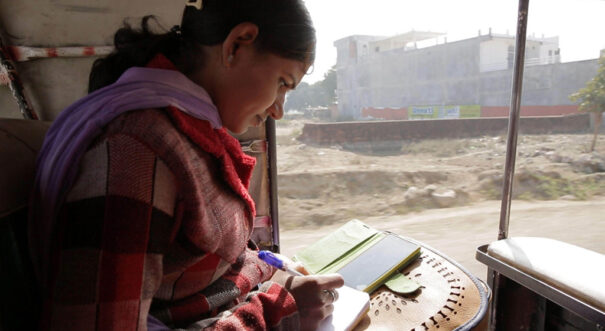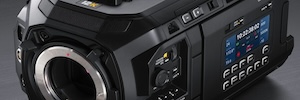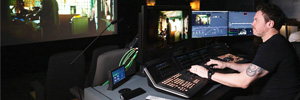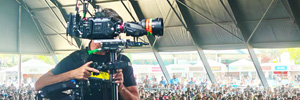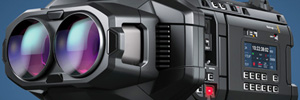DaVinci Resolve Studio, key to ‘Writing With Fire’ post production
Writing With Fire, one of the feature films nominated for Best Documentary at the last Oscars, was graded, edited and exported in different versions using DaVinci Resolve Studio (Blackmagic Design).
The documentary, directed by Sushmit Ghosh and Rintu Thomas, tells the story of the Khabar Lahariya Writing With Fire newspaper, India’s only newspaper run by outcast women. The film shows how the chief reporter and two other journalists working with her break traditions and redefine the notion of power in a male-dominated field. The film was post-produced by Bridge Postworks, a Mumbai-based company. Sidharth Meer, who has a long career in the industry with dozens of films and TV series to his credit, was responsible for colour grading, final editing and conforming.
The film was shot over four years in Uttar Pradesh, a region of India with extreme climates and extremely colourful houses, both outside and inside. The footage consisted of a mix of interviews and images of the three journalists in action. DaVinci Resolve Studio allowed each of them to be adjusted to focus on the characters, rather than the intense colours and lighting of the backgrounds, as Meer recalls: “Cinematographers Sushmit Ghosh and Karan Thapliyal captured footage brilliantly. However, because of the extremes in color of the paint and backgrounds, light had a tendency to bounce off walls and affect skin tones. With DaVinci Resolve, we used its primary tools to get a good balance of skin tones while retaining the colors of the surroundings. Once we balanced the image, we just needed a tiny bit of color boost. We ended up using pretty much Resolve’s entire primary toolset to help match all the different material and make it look consistent, no matter how and when it was shot.”
Exporting with DaVinci Resolve
Meer made extensive use of DaVinci Resolve Studio’s editing and delivery tools. The conforming of the film was complex, involving super imposed titles and graphics, different styles for mobile phone footage, and clips that had to look like a YouTube web page with videos and subtitles. Meer elaborates: “It was the edit and deliver pages where Resolve really shone for us. The initial material we received had to be conformed to exactly match the offline and be organized in a way that would be easy for us to locate things later. All of this was made possible by Resolve’s easy conform tools, as well as being able to have multiple video and audio layers for all the various elements and having the ability to grade them individually if required.”
The documentary was screened in cinemas and at dozens of film festivals via the Internet. It was also submitted to the Academy of Motion Picture Arts and Sciences for consideration for the Oscars. “Resolve allowed us to deliver the various versions of the film, easily turning layers of text, graphics and audio on and off without creating multiple timelines and keeping track of grades on all of them. Every single deliverable from the main DCP in 5.1 surround sound down to compressed versions for the web were rendered through DaVinci Resolve,” Meer concludes.
Hat Ihnen dieser Artikel gefallen?
Abonnieren Sie unsere Füttern Und es wird Ihnen an nichts fehlen.



